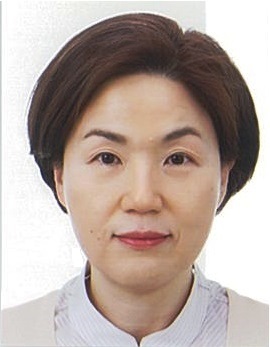Plenary Panel 4: 4th Industrial Revolution
Discussion Points:
- What characterizes the fourth industrial revolution?
- How will labor (and labor market) change?
- Are there societies that are preparing for this?
- What does this mean for democracy?
Background:
If the first was about harnessing steam power, the second about electricity and internal combustion engine, and the third concerned digital technology, personal computing and the development of the Internet, “Industrial Revolution 4.0”, according to Larry Elliott will be “shaped by a fresh wave of innovation in areas such as driverless cars, smart robotics, materials that are lighter and tougher, and a manufacturing process built around 3D printing”. What will distinguish it further is “extreme automation and extreme connectivity”; first resulting from “a growing role for robotics and artificial intelligence”, and second such that it will “annihilate time and distance”.
What we will have in effect is “a very different sort of economy”, with Uber, Alibaba, but also Facebook and others representing a new business model, with supply chains opened in a way previously thought not possible. Furthermore, by relying on algorithms, machine learning will “discover patterns in supply chain that will (…) pinpoint the most influential factors”, maximizing profit.
Situation will not be so idyllic for labor force, however. Throughout history, people have acquired certain skills that would then deliver them a job for life. No longer will that be the case. Although proponents of the 4.0 like to say how “it’s (about) taking away the mundane processing tasks and enabling people to do the more creative, the more human part of work”, many jobs will become obsolete. For instance, 35% of all jobs in the UK and 47% in the US are “at risk” from automation. The World Economic Forum – whose Klaus Schwab famously coined the term in the first place – estimated that 7 million jobs could go in five years, with women losing out the most.
Three myths seem to be forming about 4.0. The first, that it won’t really have the impact of previous periods of change; the second, that the process itself will be trouble free, provided everything is left to the market; and third and final myth: that the fruits of an economy dominated by artificial intelligence and smart robots can be redistributed. One such way might be through a (universal) citizen’s income. However, available analysis suggest that the richest have most to gain, and poor living and working in the emerging markets (Latin America and India) to lose. Furthermore, inequality will appear and increase not just between rich and poor, but also young and old – those digitally connected and those who are not.
Established political systems will need to quickly adapt. If the internet once offered “a potential for direct democracy”, we see a very different picture in 2018. Rather than embracing “internet-augmented direct participation”, political class seems ready to reject it. Meanwhile, levels of political participation have sunk throughout the developed world. Are our societies, therefore, ready for Industrial Revolution 4.0?
Selected Readings:
UBS, 2016, “Fourth Industrial Revolution White Paper”, (accessed 11 June 2018)
Previous BSF Sessions on Similar Topics:
2017 – Plenary panel 2: Challenging Inequality: Ways Forward
2015 – Session 3: Here to Stay? The Rise of Inequality and Persistence of Poverty
2013 – Session 2: New Model of State Emerging from the Economic Crisis






